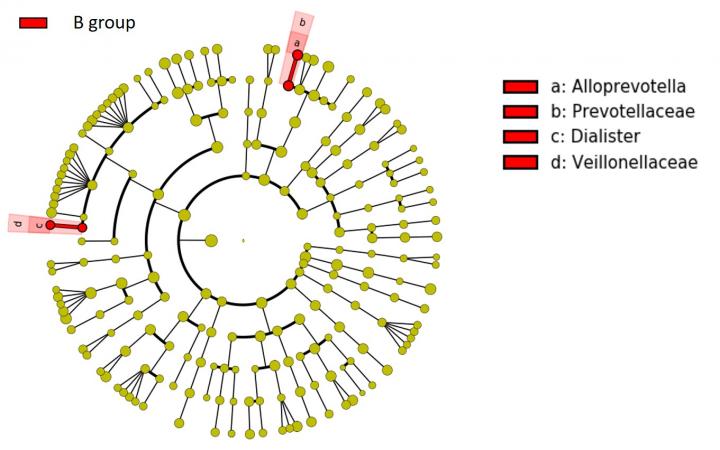New study genetically sequences the oral microbial communities of Japanese university students to reveal more microbes that could cause dental cavities

Credit: The International Journal of Environmental Research and Public Health
The human body is home to trillions of microbes. Through its natural functioning, much of the time, this ecosystem regulates our health. But like the environment of the world at large, this bodily ecosystem is delicate, and any change in the composition of the microbial community, also called the “microbiome,” can cause an overall imbalance in their collective functioning, resulting in disease.
Now, advances in research in this field have yielded a technique called next-generation DNA sequencing, which allows for very accurate identification of the members of this microbial community, thereby offering insights into microbial community composition. For several diseases, knowing which microbes densely populate the organ/tissue in question or become absent from it during disease can help develop effective treatments. Such is the case for dental caries, a type of tooth decay in which acid-producing bacteria eat away at the out layer of teeth and cause cavities.
A type of bacteria called the mutans streptococci are the most commonly implicated microbes in dental caries. Their increase causes dental decay. But, could other microbes be responsible as well?
Scientists globally have looked into this question. However, focus on the younger demographic has been low. Meanwhile, in Japan, the number of young adults developing dental caries is increasing.
Spurred by this increase and this insufficient literature, a team of researchers from Japan, led by Dr. Uchida-Fukuhara from Okayama University, called for Japanese university student volunteers for oral examinations at the Health Service Center in Okayama University.
The students answered a survey about their dental health at the beginning of the study and during a follow-up after three years. This told the researchers which students had significantly increased dental caries after this time and who didn’t. The researchers grouped the students accordingly during the follow-up (let’s say, Groups A and B respectively). They then collected saliva samples of randomly selected students from these groups, which they analyzed via next-generation DNA sequencing to obtain microbial profiles.
It turned out that very similar oral microbial diversities existed in both groups. But in Group A, the abundances of the bacterial families Prevotellaceae and Veillonellaceae, and genera Alloprevotella and Dialister, were greater than those in Group B. These two families are known to comprise species that produce acid as well. This finding, therefore, suggests new prevention possibilities for dental caries that does not focus on keeping mutans streptococci populations in check.
Interestingly, both groups had low levels of mutans streptococci. Should the focus of research on what causes dental caries change?
The striking results of the study, published in the International Journal of Environmental Research and Public Health, underscore the necessity of updating current knowledge on the oral microbial community and its role in the development of dental caries. But Dr. Uchida highlights limitations in the study’s applicability and advises taking these findings with a pinch of salt. “Among other things, all our participants were from Okayama University, so our results may not be generalizable to the wider population,” she says.
Yet, Dr. Uchida is hopeful, “For many years our group has been conducting population studies to reduce oral diseases. We believe that the results of this new study will help us develop novel strategies to prevent dental caries and our students will achieve greater life satisfaction because of better teeth and oral health.”
Perhaps, in the future, students’ teeth will be clean as a hound’s tooth.
###
Media Contact
Yoko Uchida-Fukuhara
[email protected]
Related Journal Article
http://dx.




